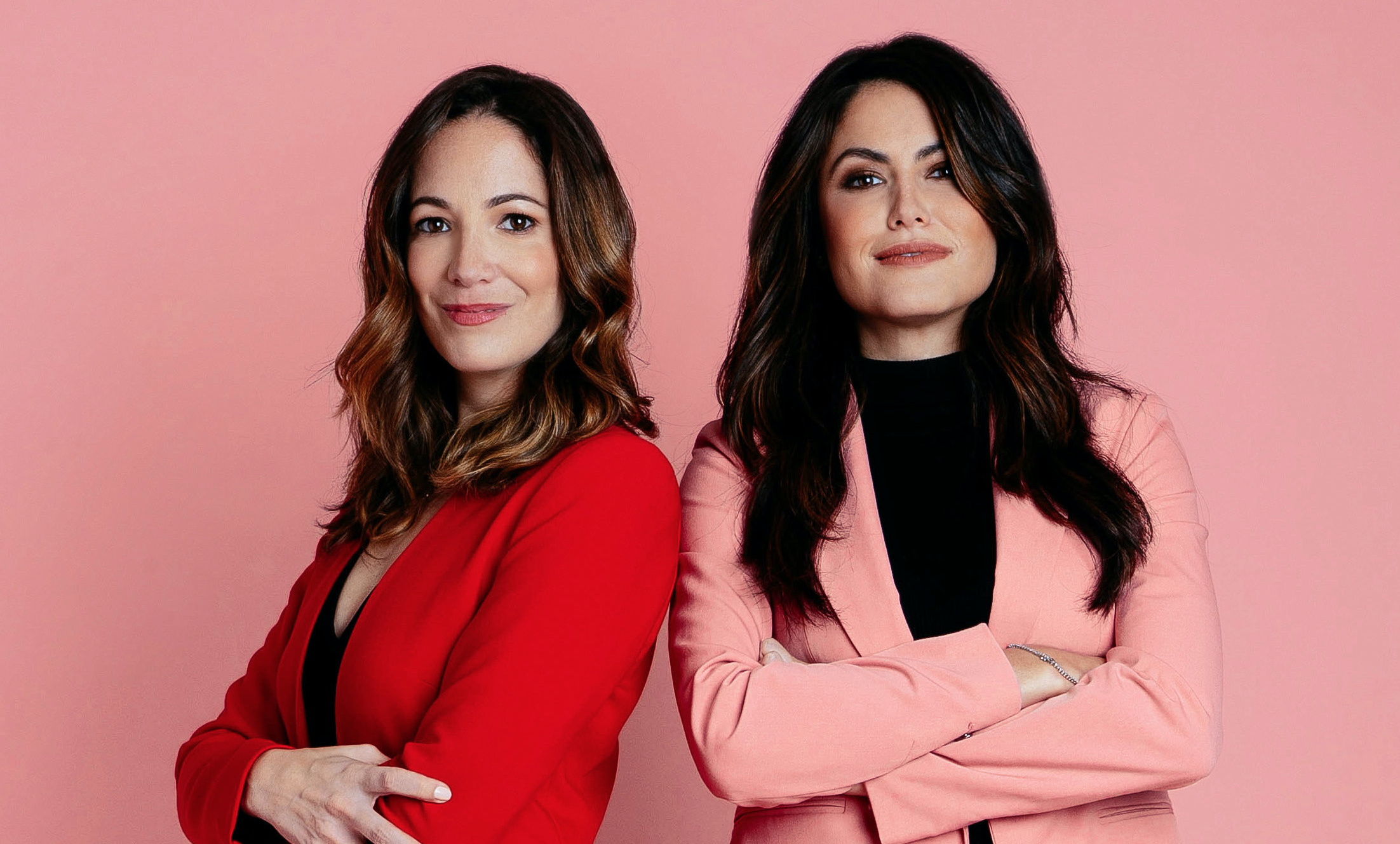
Never underestimate the power of a social media campaign. From the recent #MeToo conversations about sexual assault to the #sayhername movement to elevate the names and lives of black women killed by police brutality, hashtags have a way of raising awareness and potentially shifting culture in a powerful way. Another campaign that has caught our eye is #QuoteHer, created by Harvard Medical School professor and MD Julie Silver.
As the Columbia Journalism Review reports, Julie started this campaign in order to increase the amount of women being quoted in healthcare journalism. Dr. Silver says the idea for the campaign and the need to elevate female healthcare professionals’ voices came about during research for a course she was organizing in Boston for women healthcare leaders.
Dr. Silver, whose academic research focuses on diversity in the healthcare workforce, was trying to collect quotes by women and struggled to find many for her talk. She told the CJR that although she hadn’t intended to start any sort of campaign, it soon became a necessity.
“I noticed there was a pattern of underrepresentation of female physicians and healthcare leaders quoted in articles in major media,” she told CJR reporter John Hanc.
Twitter seemed like the right platform to start the conversation, the same way the #Ilooklikeadoctor campaign was launched to changes stereotypes around African-American women in the field.

Dr. Silver’s #QuoteHer campaign has been getting positive feedback, some even saying it is “long overdue”. But there is also a larger problem that leads to many women’s voices being excluded in healthcare journalism, as one journalist and academic pointed out.
“Journalists tend to interview the people in power, and those people tend to be male,” said Elizabeth Bass, former science and health editor for Newsday and now a visiting associate professor at New York’s Stony Brook University School of Journalism.
And with other limitations such as budget, time, and smaller newsrooms, journalists tend to use quotes that are already out there. Another reason is because a large majority of healthcare conferences are lead by men, and men are more likely to be the lead authors for publications reporting on health.
This is becoming an issue recognized in the wider medical field, as the recent inaugural Women Leaders in Global Health conference held at Stanford University outlined. The discussion was focused on the need to increase the number of women in leadership positions in the healthcare industry in general in order to see more gender parity.

“At least 75% of the health workforce are female, and looking around this room…there is no shortage of talented women in the pipeline. But the picture looks different at the top,” Michele Barry, MD, director of the Stanford Center for Innovation in Global Health and senior associate dean for global health at Stanford University in California, told the audience.
The World Health Organization also just appointed a new senior leadership team, with more than 60% of appointees being women. This is a huge step in the right direction for a number of reasons. The need for more women in medical leadership positions has become very evident here in the US during conversations about healthcare, and specifically reproductive rights. With the majority of Congress being made up of white men, and men dominated the healthcare industry at the top, it is easy to see how adverse policies continue to get voted in, which end up having a disproportionate negative impact on low-income women, especially women of color.
That is a whole other issue in and of itself, but certainly part of the larger discussion about how amplifying the voices of women in healthcare journalism can make a difference elsewhere. It should be noted that this isn’t just the case in healthcare journalism. A 2017 study by the Women’s Media Center shows men report 61.9 percent of the news in print; women report 38.1 percent. Men’s names and voices are also dominant in broadcast, online and wire news services.

“Our research projects on coverage of campus rape and coverage of reproductive rights show that the gender of the journalist affects how they cover topics and whom they choose as sources. Women are not equal partners in telling the story, nor are they equal partners in sourcing and interpreting what and who is important in the story,” said Julie Burton, President of the Women’s Media Center.
At a Harvard conference in 2016, a group of young female physicians signed a petition calling for more women being quoted in medical stories. A list of reputable women in the field would be a helpful start, says Mark Fuerst, a freelance medical and health writer.
“There are more women out there who should be quoted and are not…They’re out there, but it’s harder to find them…I’d absolutely consult that list if I needed a particular expert,” he said.
“I think the basic problem is that women are underrepresented in positions of leadership in the medical world,” said Elizabeth Bass.
Dr. Silver is also taking her campaign directly to the places where change is needed. She spearheaded a letter signed by 151 female physicians and healthcare leaders which was sent to Molly Gamble, editor in chief of Becker’s Hospital Review, a reputable industry publication.

The letter stated that the Review was “sexist”, because for their annual list of top healthcare quotes for 2015, only 12 out of 50 were attributed to women. Rather than simply point the finger, Dr. Silver and her cohort of fellow female medical experts asked that the publication be aware of the need to include more voices of women in the future. In response, Molly Gamble told the women “Consider us your partners in your cause”, showing how powerful raising awareness can be.
“They did exactly what any ethical, thoughtful news organization should do. Acknowledge an issue and work to correct it,” said Dr. Silver.
The #QuoteHer campaign is similar in idea to the #WomenAlsoKnowStuff hashtag and website created by a group of female political science experts in order to see more women’s voices being quotes in news media. The takeaway here is the under-representation of women in a number of fields. Change is clearly needed, and if trying to do this the traditional way isn’t working, then a social media campaign may just be thing that works.
You can follow Dr. Julie Silver on Twitter and check out the #QuoteHer hashtag to see the conversations arising from the campaign.


















It’s exciting to witness and take part in this growing #quoteher movement spearheaded by Dr. Silver. It’s high time women in healthcare got the attention the men do.